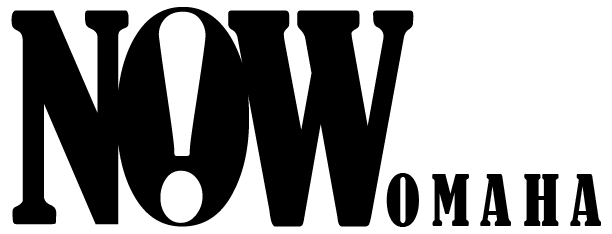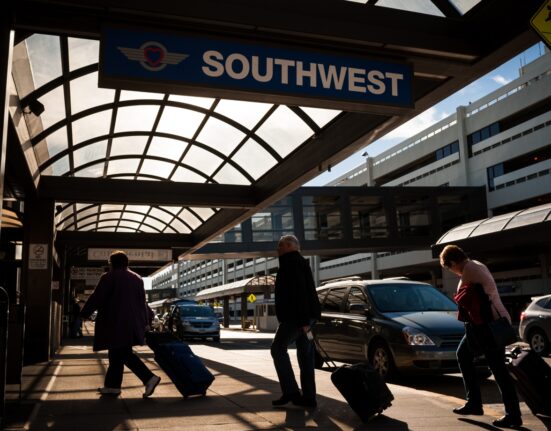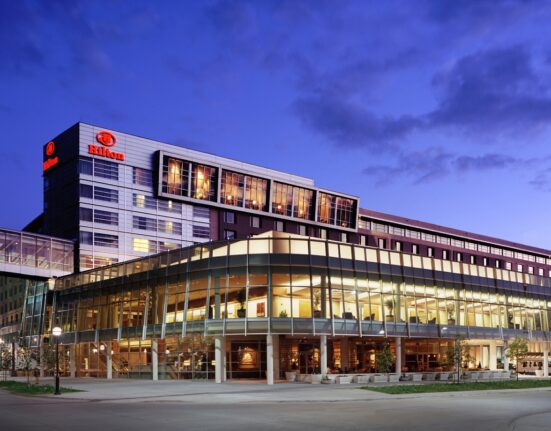Anti-Flag Spreads a Message of Tolerance
By Kyle Eustice
Lead vocalist and guitarist of Anti-Flag, Justin Sane, was born Justin Cathal Geever in Pittsburgh, Pennsylvania to extremely progressive-thinking Irish Catholic parents. The youngest of nine children, he was initially exposed to punk rock by his brothers and sisters. Groups like The Sex Pistols and The Clash were heavily present in the Geever household, but his siblings also had an affinity for music like Kiss, Led Zeppelin and even John Denver. However, at the core were songs with a political message, something Anti-Flag has prided itself on for the past 18 years.
“It was kind of all over the place,” Geever says. “My family was really involved in music. My parents made all of us learn an instrument. We were deep into Irish culture. I grew up playing Irish rebel songs with my brothers and sisters so we almost had our own version of The Pogues.”
It was punk rock that grabbed him and wouldn’t let go. His family’s political nature had a profound impact on him as a child.
“Both of my parents were influenced by liberation theology, which is a teaching from the Catholic church,” he explains. “It was a pretty radical, left wing idea and it means you walk in the footsteps of Jesus by being with the poor, helping the poor and standing up for people who can’t stand up for themselves. My parents were really influenced by that ideology. That definitely had an impact on them being involved in the Civil Rights Movement, Vietnam War and being anti-war in general.”
In 1988, Geever was 15-years-old and while most of his peers were experimenting with alcohol and drugs, Geever was swimming upstream. In fact, he was straightedge all the way into his thirties. Punk rock, in a sense, saved his life.
“Now I drink,” he says. “But I think for me, I leaned towards self-destruction and being straightedge probably really saved me. When I started drinking when I was older, my judgement was much better.”
After so many years of being straightedge, it’s baffling to think how someone could throw that away, but due to circumstances beyond his control, he decided to leave that lifestyle behind.
“I had a classic heartbreak story,” he admits. “It’s not very exciting. It wasn’t like I woke up and said, ‘Fuck it, I’m going to get drunk.’ I was on a long, long spiral down and I was hanging out with people I don’t normally hang out with who didn’t even know I was straightedge. They were like, ‘Hey dude, we’re going to get drunk. Do you want to get drunk? And I said, ‘You know what, yeah, I do want to get drunk.’ I still think there’s a lot of value to the straightedge lifestyle. If you can drink and not kill yourself, I don’t see the problem. I was never a purist even when I was straightedge. I was never nailed to the straightedge cross.”
As Anti-Flag’s career continued to evolve, the support of Geever’s parents allowed the band to flourish. Unbelievably, with nine children to take care of, they were still able to support their youngest son’s ambitions. Geever still remembers the moment the band was finally able to pay back the money his parents had loaned them in the earlier years.
“My parents were big supporters of the arts and freedom of expression,” he says. “They understood people had to take their own path in own life and be free to make their own choices with hopefully some strong guidance. Surprisingly, they did help us monetarily more than anyone else. When we needed money to buy a van or a place to practice, they helped us, which was incredible considering how little money they had. But they really believed we were doing something positive and doing something we believed in.
“We probably owed my parents $5,000 and when we signed to Fat Wreck Chords, that was the first time we had made any money playing music,” he continues. “I remember we paid my parents back and it was like they almost feel out of their chairs. I don’t think they expected to see that money ever again. When I think back about it, it’s pretty amazing my parents were willing to help us financially. My drummer’s parents hated the band and fought us every step along the way. That was a struggle. It was a big leg up to us to have somebody on our team to help us out.”
Anti-Flag had a pivotal moment in 2000 when they were asked to play Warped Tour. At this point, they had two albums under their belt, 1996’s Die for the Government and 1999’s A New Kind of Army, but it was 2001’s Underground Network on NOFX’s Fat Mike’s label, Fat Wreck Chords, that really put them on the map. Combined with their stint on Warped Tour, Anti-Flag took a leap to the next level in their musical career. It wasn’t an easy decision.
“We really came from the DIY scene,” he says. “The whole idea of playing for something with a corporate sponsor was a difficult choice. We knew there would be a lot of heat from the underground and even our friends. So we did two shows to see what the negatives and positives were. We found out the people involved in the production of Warped Tour were our people. Most had come from punk rock scene. Ultimately, we reached a lot of people and felt like we were reaching a lot of ears that were hearing political music for the first time. It was great playing for people who you might be able to influence. Maybe they’ve never heard anyone say, ‘Fuck racism, fuck homophobia, fuck sexism.’ It might make them think about that for the first time in their life. Warped Tour was a transition for us. It was a place where we thought we could have an impact we thought was positive.’
As Anti-Flag beings their tour in support of the new record, American Spring, Justin Sane, Chris No. 2, Chris Head and original member Pat Thetic couldn’t be in a better place.
“We’ve always wanted to push a message forward,” he says. “We hope our fans learn empathy and understand we are more connected to people than they think. Anti-Flag isn’t a color of skin; straight or gay, white or black, bullets or religions or nationalities. We are people with similar hopes and dreams. The more we travel, the more we realize that’s absolutely true.”
Anti-Flag with The Homeless Gospel Choir and War on Women, May 19, at Slowdown, 729 N. 14th St., 9 p.m. Tickets are $20.






Leave feedback about this